The topic of pet taxes is of interest to every Russian who has a pet at home. Today, there are taxes in many foreign countries, but we are still at the development stage. From the material in this article, you will find out whether a law on pet tax will be introduced and what the consequences of the bill may be.
Tax Features
The first rumors about the introduction of a tax on pets in Russia appeared in 2017, when it was adoptedt law on compulsory registration of pets. Microchips began to be implanted into the animals, which stored information about vaccinations and the owner. The owners paid for the chipping, these expenses were one-time, not providing for additional regular payments.
The introduction of the tax this year is conceived in order to prevent an irresponsible attitude towards pets. The list includes not only cats and dogs, but also hamsters, chinchillas and rats. To find out how many animals live in the house will be easy.
Each animal will have to be registered, the data entered in the veterinary book, which will show the vaccinations and diseases.
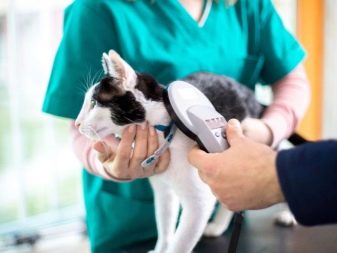

According to the deputies, taxation will solve a number of problems. For example, if a dog suddenly bites a person, the owner will not be able to avoid responsibility. However, this is not so easy to prove in practice, because the owner can say that the animal was at home all the time. Moreover, this explanation cannot be applied to cats and hamsters that do not leave the home.
Deputies are confident that over time, regular payments will have to be increased. This is explained by rising inflation.In addition to chipping and regular maintenance fees, the owner of the animal must pay for the registration and maintenance of a veterinary passport. The deputies are counting on the fact that the Russians will not be able to refuse their pets, and therefore they will regularly pay taxes for each of them.
The idea of the law was taken from the example of foreign countries, where today every owner pays taxes for a pet. Deputies offer to spend the money raised on the construction of nurseries, places for walking, as well as on the payment of specialists in the capture of stray animals.
Regardless of how many animals live in the house or apartment, each will be chipped. A microchip with a fifteen-digit number will be injected under the skin. To date, ways to inform the authorities have been thought out. It will be easy to find out how many pets live in a particular house. They want to fine the deceivers, but they are counting on exact data from neighbors, acquaintances, and work colleagues.


Will it be accepted?
It is planned that a new draft law will be introduced this year. The initiative group is going to complete work in the 3rd quarter of 2019.The public is categorically against the adoption of the new law. Today, openly voiced opinions that most of the animals after the bill will be on the street.
The authorities estimated that about 30 million cats and 20 million dogs currently live at home with Russians. For each pet, according to the deputies, at least 2000-4000 rubles are spent per month (including the purchase of feed, visiting a veterinarian and servicing). However, they do not think that many people feed their pets food from their table, and not all animals visit the veterinarian.
No matter how the authorities refer to the current situation in the country's economy, as well as the need to replenish the budget, the problem with the adoption of the law will not be eliminated. Ordinary people do not have money, and therefore cover expenditure items that cannot be cut, thus will not work.
However, the authorities do not intend to postpone the introduction of the bill, this fall it will be considered in the Duma.
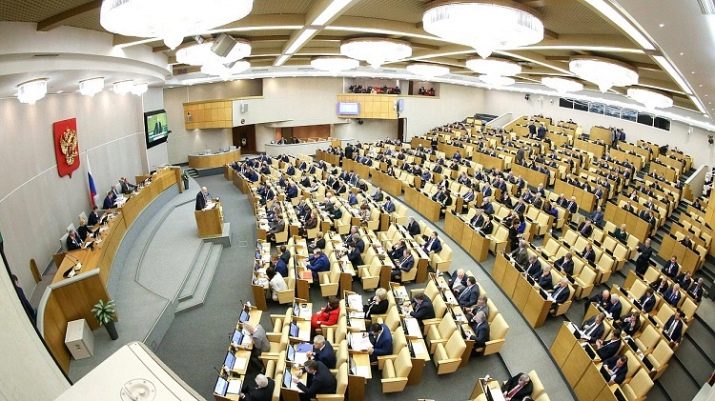
In 2018, there were already attempts to introduce a law on a new collection, but this initiative faced fierce resistance. Therefore, it was abandoned for a while. A year earlier, the State Duma committee insisted that the registration of animals was free. Identification could be carried out in different ways (by means of a veterinary passport, tags, collars, barcode). Today in most cases it will be implantation of a chip under the skin.
However the law not fully worked out. Deputies do not yet know how to make people not to throw animals en masse into the street if the project is adopted. But the adopted law may apply to those who have already chipped pets. They cannot help but pay tax, since all the data on them is available. They will not be able to throw out animals, because the found animal will be returned to the owners. And if, for example, a dog bit someone at this time, you will have to pay for treatment and pay a fine.
From the point of view of citizenship, such an introduction is too much. People are already taxed on all sides, which are growing regardless of the economic situation in the country. In addition, they pay with their salaries for feed, veterinarians. No funds are allocated for this, and therefore people do not understand what they should pay for. Animals are not a service that the state provides.


Which pets will need to be registered?
Will have to register cats and dogs of any breed, without exception. In addition to them, the State Duma proposes taxing the content of small rodents and even parrots. If before this the owner has not chipped a pet, now it will have to be done, also for his money (2000 rubles for 1 pet). Avoiding registration of aquarium fish, as well as farm animals. It will not affect the taxation of domestic ducks, chickens, pigs, cows, horses.Deputies want to tax precisely those animals that live in city apartments and private houses.
Amounts may be as follows:
- for the maintenance of the dog will have to pay up to 15,000 rubles per year. (if the toy terrier lives at home, you will have to pay 1200 rubles a year for it, a large dog can cost more than the established tariff);
- to keep a cat in the house of power will allow for 5000-7000 rubles. in year;
- the situation with hamsters is more democratic: the owner of one individual per year is offered to tax 120 rubles;
- chinchilla or guinea pig will cost more - 800 rubles. per individual;
- budgerigar was estimated at 600 rubles. for 12 months.
You have to pay for rare animals living at home. For example, for a hedgehog, rabbit, other fur animals. The possibility of a subsequent chip replacement is not ruled out. For example, over time, deputies may consider that they need to chip the pet with a newer device.

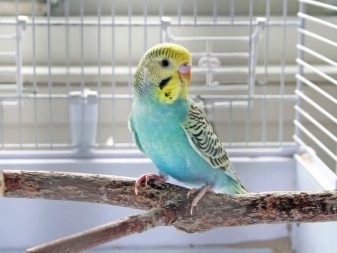
Where it leads?
Animal advocates were the first to oppose the introduction of a pet tax. The consequences of the bill can be very disastrous. The scale of disasters may be greater than the deputies imagine. The amount they offer to pay a one-time fee for chipping and annually for maintenance will become sensitive for many Russians.
From the point of view of the authorities, the amount is insignificant, but many people today are in a difficult financial situation. The salary level of most residents of the Russian Federation living in the regions does not reach 15,000 rubles; pensioners receive much less. This is not enough to support the family, since most of the salary goes to taxes, food, to get to work and back. Many will have to go to extreme measures, getting rid of the animal.
To date, the statistics are disappointing. A law on keeping pets has not yet been adopted, and the number of animals thrown onto the street is increasing every month. The tax should apply to every able-bodied person in whose home the pet lives. If the animal is presented to the child, the parents will pay.
Monthly receipts for payment will come, they must be paid at the bank, along with other payments. A medical examination should be regular. On the one hand, this is good, but vaccination and administration cost money, as does the transport on which you need to bring your pet to a specialist.
A veterinary passport will become something like a lighthouse: if the owner does not deliver the pet on time, he may be fined.


The law wants to approach everything from a tax perspective. Even the death of an animal will have to be fixed for a fee. Not only set, but also deregistration will also have to be done for money. In addition, the bill should save from nightmare living conditions for neighbors who have dozens of pets and do not follow them. However, not everything is so beautiful.
Not everyone today can feed pets with professional feed. Those who bought food earlier, due to monthly deductions in favor of the state, will transfer the animal to ordinary food. The decline in income is a serious sign of failure of the law in question.
Pets will become a bargaining chip. If a person does not plead guilty before the law is passed for his pet, for example, to bite a passerby, no law will help. The owner will continue to refuse responsibility, blaming the victim for what happened. People leading an asocial lifestyle will simply not obey the law.
They will not succeed in achieving something: they have no money, and no one needs their animals.
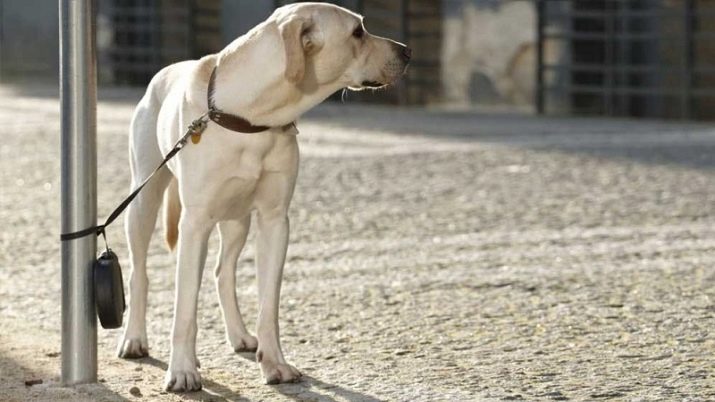
Only veterinary clinics can benefit from the adoption of the law. They will have a stream of patients, and, consequently, stable earnings. But only those will go there who, having weighed all the pros and cons, will be able to afford to leave the animal at home. Poor pensioners will not be able to stay afloat.In the end, flocks of stray dogs will appear in each village. Enraged by hunger, they will begin to attack people. Both cats and parrots, hamsters, rats, and even exotic animals will start throwing into the street. And if you consider that some lovers of exotic keep predatory animals at home today, the situation will require the adoption of tough measures.
The resolution of the problem will fall on the shoulders of the common people. Someone will simply shoot animals, trying to ensure safety. People will be afraid to go out. A large number of animals on the streets of cities and small towns will lead to outbreaks of disease.
In this way, calls for responsibility with the simultaneous introduction of tax will turn into a series of new problems. The terrible problem will be the forced soullessness of not only adults, but also children.
In fact, people will be forced to throw defenseless animals into the street in order to somehow make ends meet.
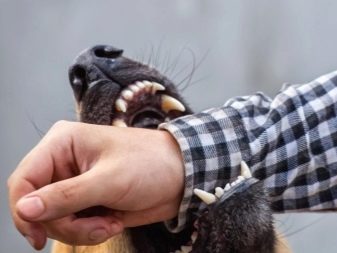

Law in other countries
If in our country an attempt to introduce taxation on keeping animals is still being actively discussed, residents of Europe already pay taxes for their pets. An average animal costs 300 euro to its owner. However, if this is not a cute cat or a small dog, but, say, a fighting dog, the amount of the analogue doubles. The EU countries have their own standards. For example, a pet owner in Switzerland has to pay 100 euros, in Sweden - 50 euros. The Spaniards pay 15 euros, but there is an exception. The owners of animals taken from the shelter, as well as guide dogs, are not taxed.
The Dutch have to pay 57 euros for a dog. If there is more than one animal in the house, another 85 euros have to be paid for each other. In Germany, for the convenience of accounting, there is a common animal database. As soon as a baby or adult animal is bought, information about the purchase is immediately reflected. Documents on animals are in China. Abroad, the money collected from pet owners spend on the development of infrastructure for animals. In many countries there is no such concentration of stray animals. Americans do not pay tax: deductions fall on the shoulders of manufacturers of industrial feed and other pet products. But here you have to acquire a license proving ownership.
Animal taxes introduced in Belarus. There is no such bill in Ukraine. However, veterinary control requires labeling each stray dog. But if we did not initially work out a control scheme for stray animals, we can’t talk about order.
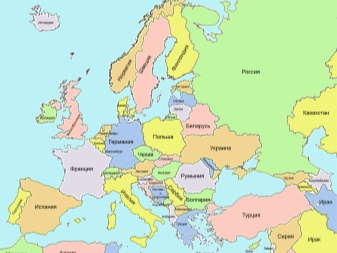

The next issue of the TV show "Personal Opinion" will discuss the tax on pets in Russia.










